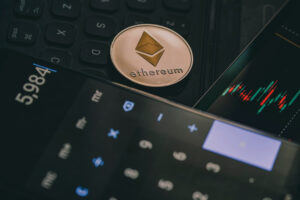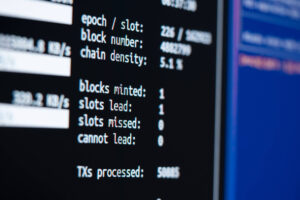A Decentralized Autonomous Initial Coin Offering (DAICO) is a unique fundraising mechanism in the world of cryptocurrencies. It combines the concepts of an Initial Coin Offering (ICO) with elements of Decentralized Autonomous Organizations (DAOs).
The idea of DAICOs was proposed by Ethereum co-founder Vitalik Buterin to improve transparency, accountability and security in the ICO process. Initial coin offerings (ICOs) in general were a popular fundraising mechanism for crypto startups in 2017/18. Projects issued new cryptocurrencies to investors in exchange for capital.
A decentralized type of ICO
In a DAICO, the sale of tokens is regulated directly by a smart contract on the blockchain. The key difference to a traditional ICO is the creation of a decentralized autonomous organization (DAO) after the fundraising is completed. Project teams usually only receives access to a portion of the funds raised. The rest of the funds are managed via token votes (governance).
Through this mechanism, DAICOs aim to overcome some of the challenges associated with traditional ICOs. These include fraudulent projects and the potential for misappropriation of funds. By providing a say in project management and funding, DAICOs promote greater accountability for development teams. On the flipside, the success of a DAICO depends on the commitment of token holders and offers developers less flexibility in their early stages.









